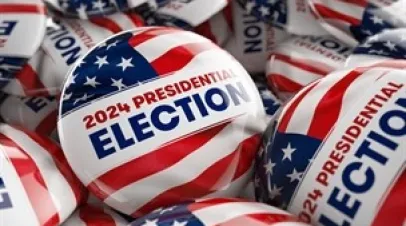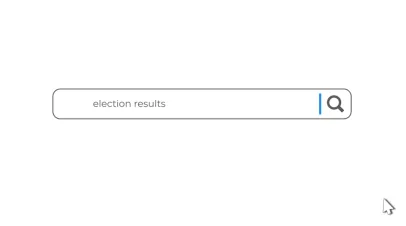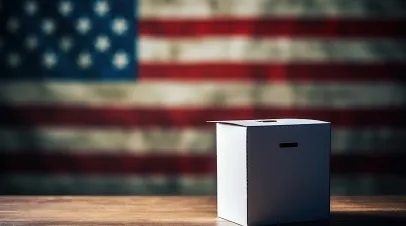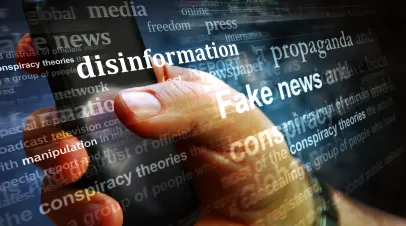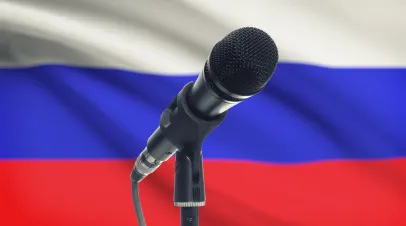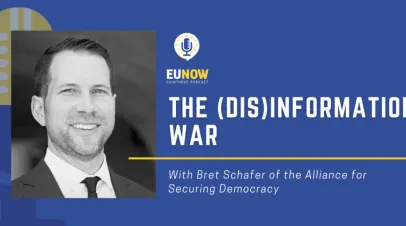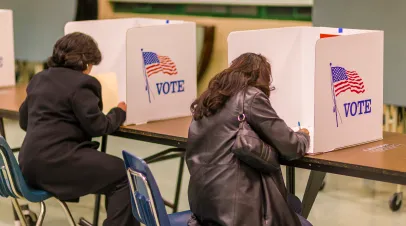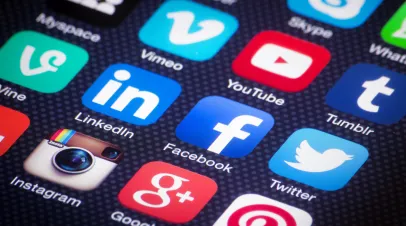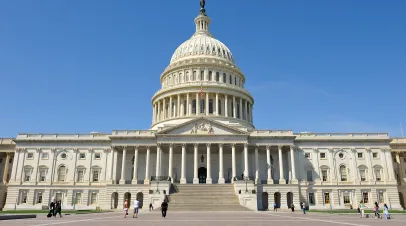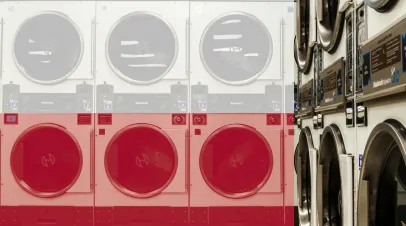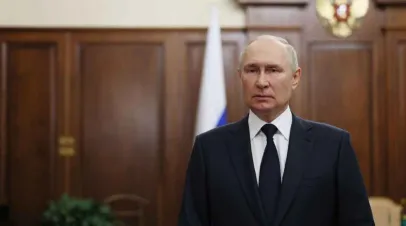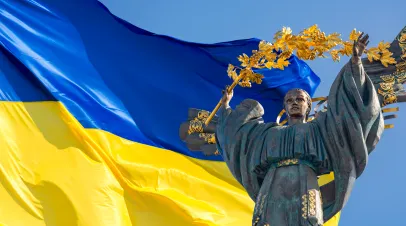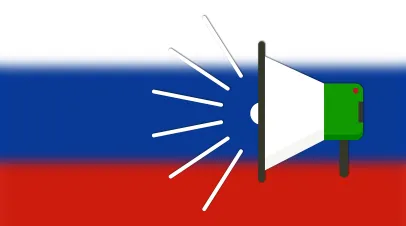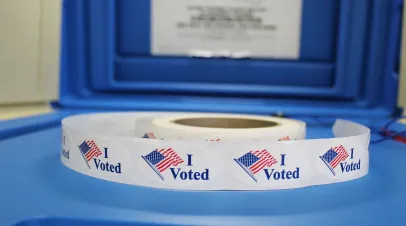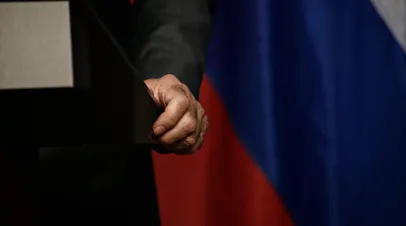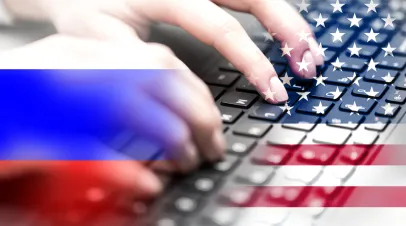Bret Schafer
Senior Fellow, Media and Digital Disinformation, Alliance for Securing DemocracyBret Schafer is a senior fellow, Media and Digital Disinformation, for the Alliance for Securing Democracy. Bret is the creator and manager of Hamilton 2.0, an online open-source dashboard tracking the outputs of Russian, Chinese, and Iranian state media outlets, diplomats, and government officials. As an expert in computational propaganda, state-backed information operations, and tech regulation, he has spoken at conferences around the globe and advised numerous governments and international organizations. His research has appeared in the New York Times, USA Today, the Wall Street Journal, and the Washington Post, and he has been interviewed on NPR, MSNBC, CNN, Al Jazeera, and the BBC. Prior to joining GMF, he spent more than ten years in the television and film industry, including stints at Cartoon Network and as a freelance writer for Warner Brothers. He also worked in Budapest as a radio host and in Berlin as a semi-professional baseball player in Germany’s Bundesliga. He has a BS in communications with a major in radio/television/film from Northwestern University, and a master’s in public diplomacy from the University of Southern California, where he was the editor-in-chief of Public Diplomacy Magazine.
Media Mentions
Featured Work
